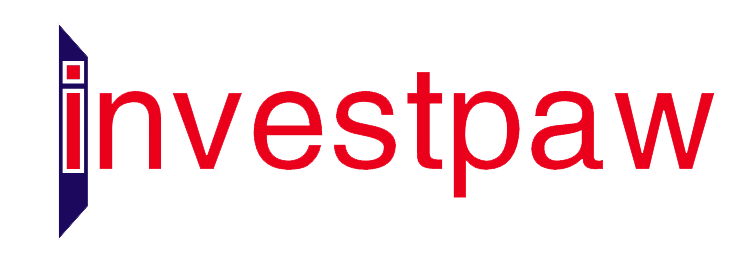As initial coin offerings (ICOs) become more and more popular, we are witnessing a shift in the way startups obtain financing, from traditional methods such as initial public offerings (IPOs), crowdfunding, and seeking advice and contacts from venture capitalists .
There is a dizzying array of companies hoping to raise funds through initial coin offerings or ICOs. This includes everything from online sports betting sites to establishing their own regional banks for the digital generation. The only requirement for raising funds through ICO is that the products provided must contain cryptocurrency and tokens.
The Internet world and the fast-growing fundraising medium have eliminated the need for venture capitalists.

So, what exactly is an ICO (Initial Token Issuance)?
ICOs and initial public offerings (IPOs) are ways companies raise funds. Nevertheless, an ICO is an investment that provides investors with cryptocurrency, usually called tokens or coins, in exchange for their funds. This is very different from IPO investment that issues securities to investors.

Here are some of the most important characteristics of ICOs:
Participate in a decentralized autonomous organization (DAO), economy or project.
Coin ICOs usually sell shares of the economy, while token ICOs usually sell shares of DAO or project royalties. Investors do not necessarily have a say in DAO or project results, because investors' rights are embedded in the ICO structure. Nevertheless, they usually participate in the entire project life cycle.
Most initial coin offerings (ICOs) involve the production of a predetermined number of tokens or coins before sale.
The price of ICO is usually set by the founder of the economy or project or DAO.
My fund may use multiple rounds in ICO. As the issuance date approaches, the value of the provided tokens or coins will rise, attracting early investors with higher returns.
Once the tokens or coins are traded on the open market, the ICO is over.
For companies looking to raise capital, ICOs have several advantages, including:
Compared with corporate IPOs, projects, economics, or DAOs do not require direct taxes.
When selling coins or tokens, there are very few intermediaries involved, because investors make decisions based on the content of the white paper issued by the financing company.
Although ICOs are mainly used to raise funds for startups, they can also be used to introduce new products or tokens to the market.
It is not uncommon for investors to become corporate customers after investing in an ICO. This allows them to purchase tokens at a discounted price. However, once the tokens are released on the market, the market will determine their value.
Investors must be wary of scammers who use ICOs to defraud their funds, and there is no clear way to determine which ICOs are promising or dangerous when screening them.
Thanks to ICOs, many cryptocurrencies have risen and prospered. As long as the practice exists, the use of tokens and blockchain technology will continue to grow.





